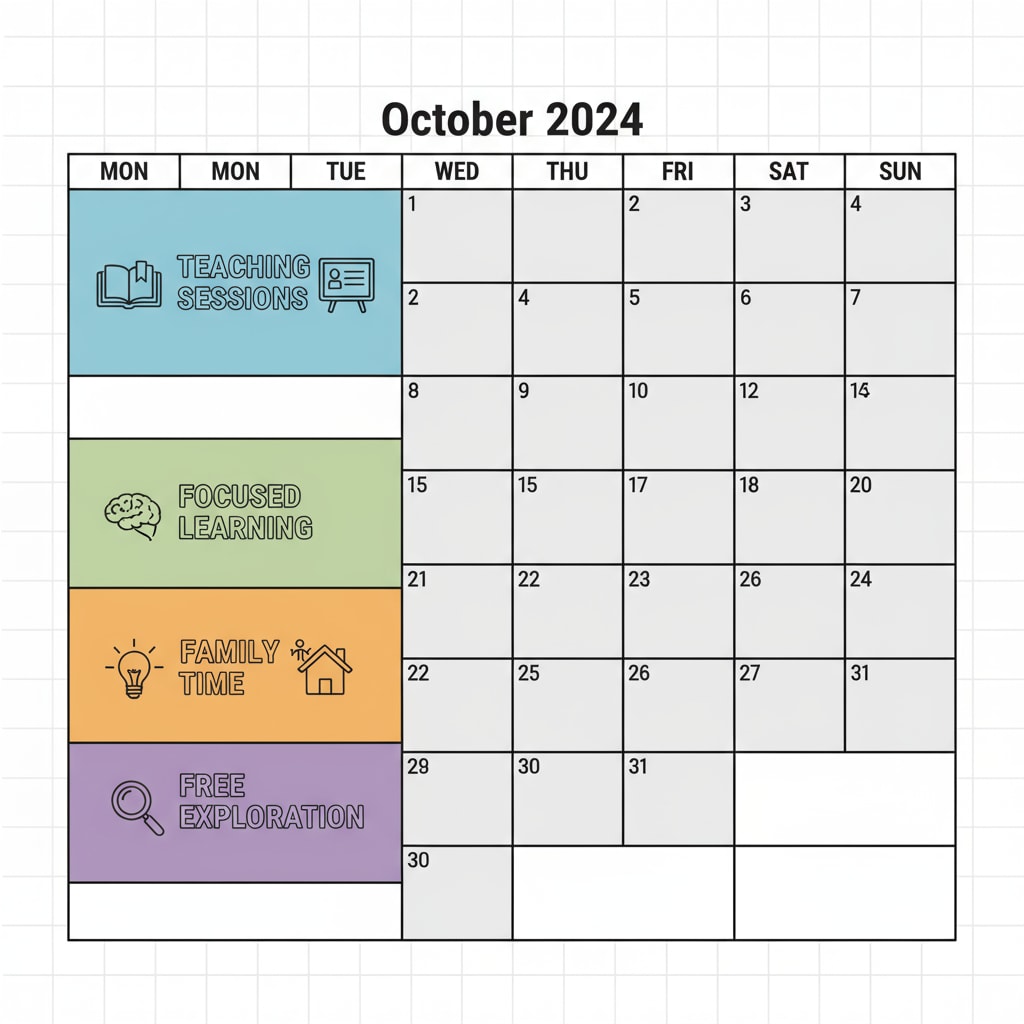Time management, career development, and marriage balance are crucial aspects for K12 educators. Juggling full-time teaching, continuous learning, and family life can be a challenging tightrope walk. K12 teachers are often at the crossroads of these three important dimensions of life. The National Education Association emphasizes the significance of supporting educators in maintaining a healthy balance. Let’s explore how they can achieve this harmony.

Mastering Time Chunking
One effective strategy for K12 teachers is time chunking. This involves dividing the day into distinct blocks of time dedicated to different activities. For example, set aside specific hours in the morning for lesson planning and teaching-related tasks. In the afternoon, allocate time for further education, such as taking online courses or attending workshops. By clearly defining these time chunks, teachers can better focus on each activity without getting overwhelmed. TeachThought provides valuable resources on time management for educators. This approach helps in making the most of limited time and ensures that both career development and personal life get the attention they deserve.

Setting Clear Boundaries
Setting clear boundaries is essential. Teachers need to separate their work, study, and family time. During family hours, avoid checking work emails or thinking about study assignments. Similarly, when focused on professional development, limit distractions from home life. By creating these boundaries, teachers can enhance the quality of time spent in each area. It also reduces stress and helps in maintaining a positive attitude towards career growth and family relationships. This boundary-setting is a key element in achieving overall balance.
Adjusting priorities is another vital aspect. Depending on the situation, teachers may need to shift their focus. For instance, during exam periods, more time might be dedicated to teaching and student support. While during the summer break, they can focus more on further education. By being flexible and adaptable in prioritizing, teachers can better manage their time and resources, leading to a more fulfilling life in terms of career and family.
Readability guidance: The strategies of time chunking, setting boundaries, and adjusting priorities play crucial roles. These help K12 teachers navigate the complex terrain of time management, career development, and marriage balance. By implementing these techniques, educators can enjoy a more harmonious and rewarding life.


